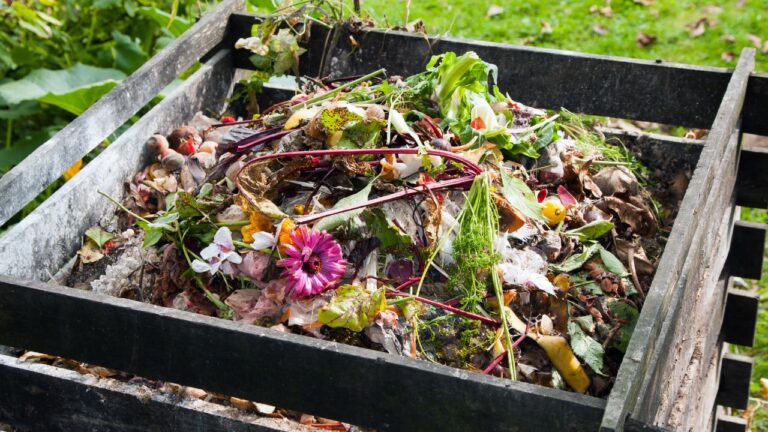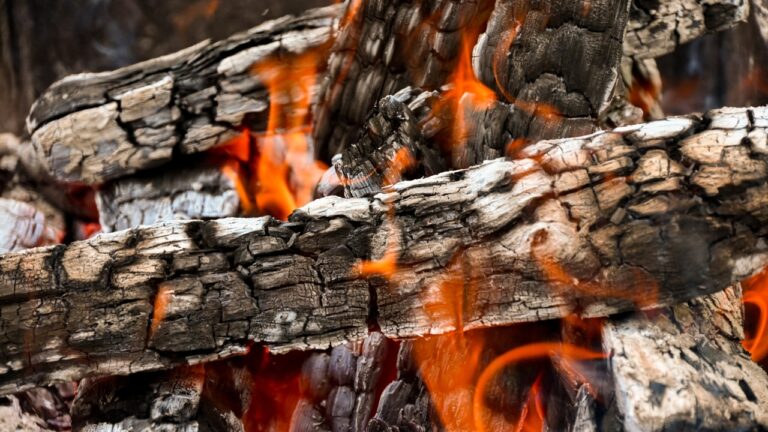9 Habits That Make Homesteading Less Overwhelming
Homesteading sounds great in theory—grow your own food, raise animals, live off the land. But in practice, it can feel like you’re always behind. There’s always something to fix, feed, or clean. If you’re not careful, burnout creeps in fast. What’s helped us most isn’t doing more—it’s doing things smarter. These habits won’t fix everything, but they’ve made the whole lifestyle a lot more manageable.
Start the Day with a Simple Routine
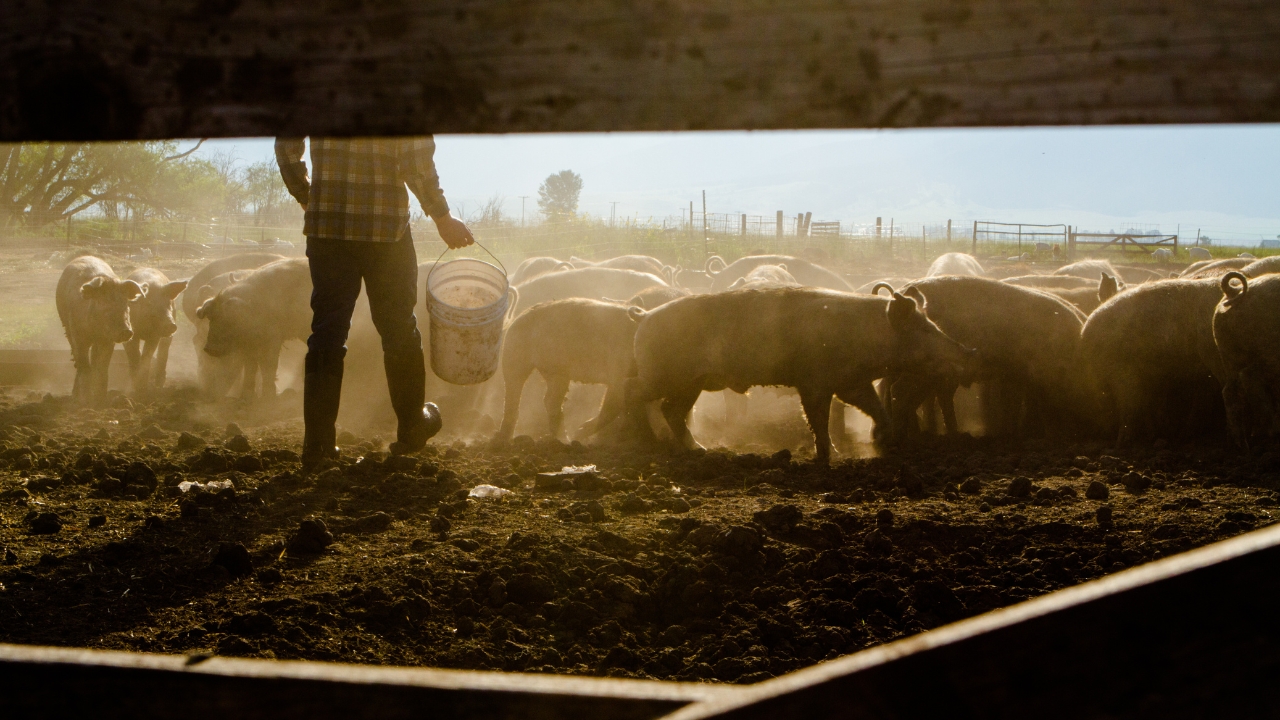
Mornings tend to set the tone. If you’re waking up and immediately putting out fires, the rest of the day can spiral fast. Having a short, repeatable routine helps keep things steady.
For us, it’s a quick check on animals, a walk through the garden, and making a mental note of anything urgent. It takes 15 minutes, but it keeps surprises from stacking up. That little bit of structure goes a long way.
Write It Down—Everything
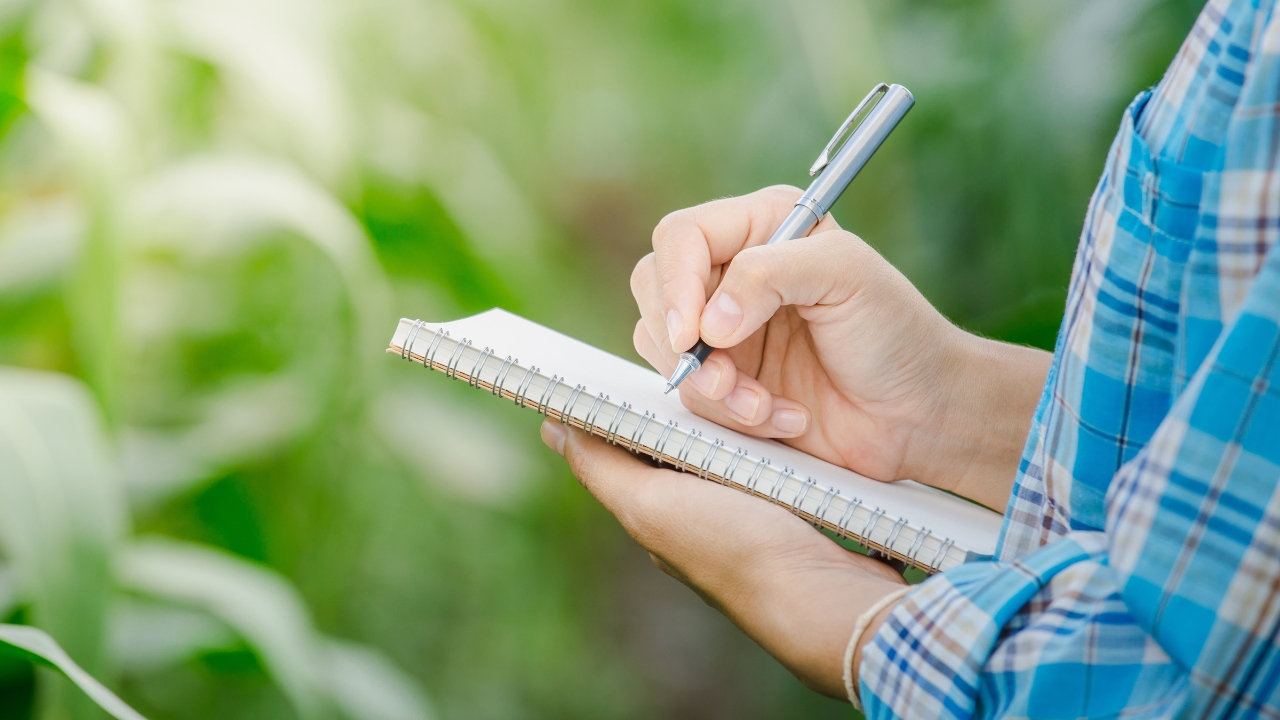
Trying to keep feed schedules, planting dates, vet visits, and supply lists in your head is asking for trouble. The best thing we did was keep a simple notebook (or whiteboard) with everything that needs attention.
Even if you’re not a planner by nature, getting it out of your head and onto paper makes things feel less chaotic. It also helps you look back and see what’s working—and what’s not.
Focus on One Project at a Time
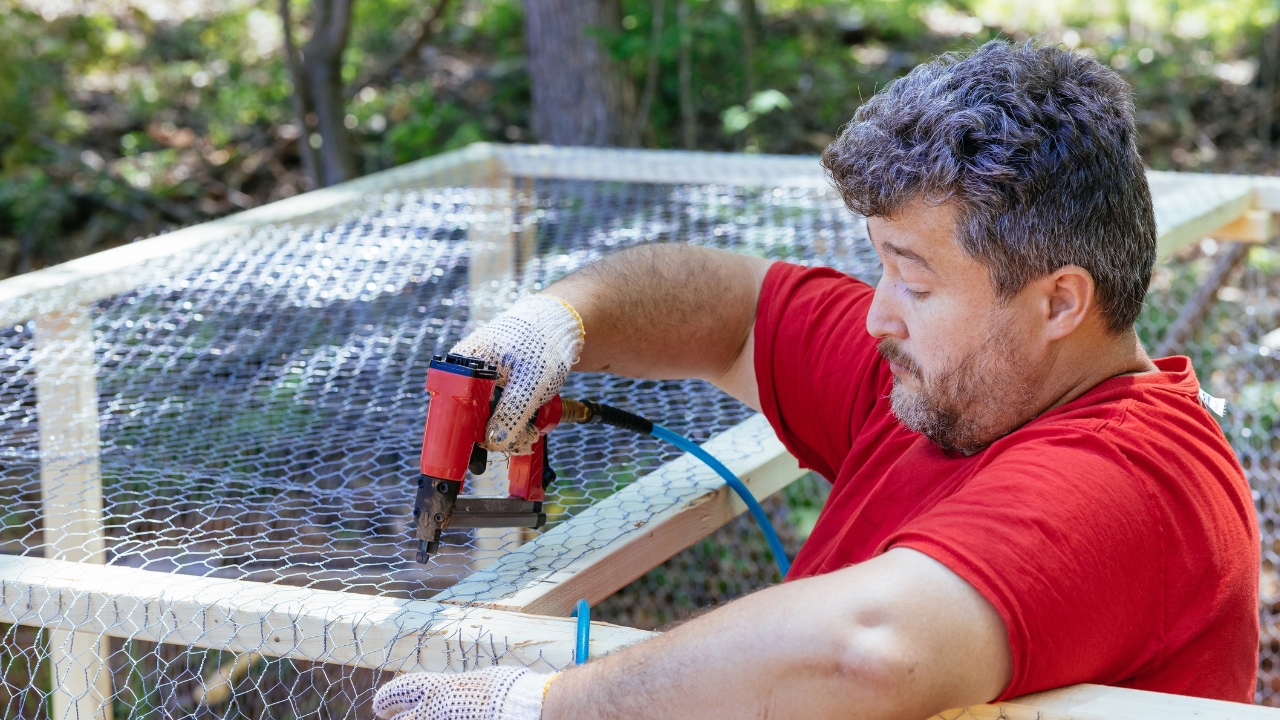
It’s easy to get caught up trying to build a coop, plant an orchard, and install drip irrigation all in the same weekend. That’s a fast track to burnout.
Pick one priority project and see it through before jumping into the next thing. It feels better to finish something than to have five half-done things stressing you out. There’s always another season coming—you don’t have to do it all today.
Keep Tools Where You Use Them
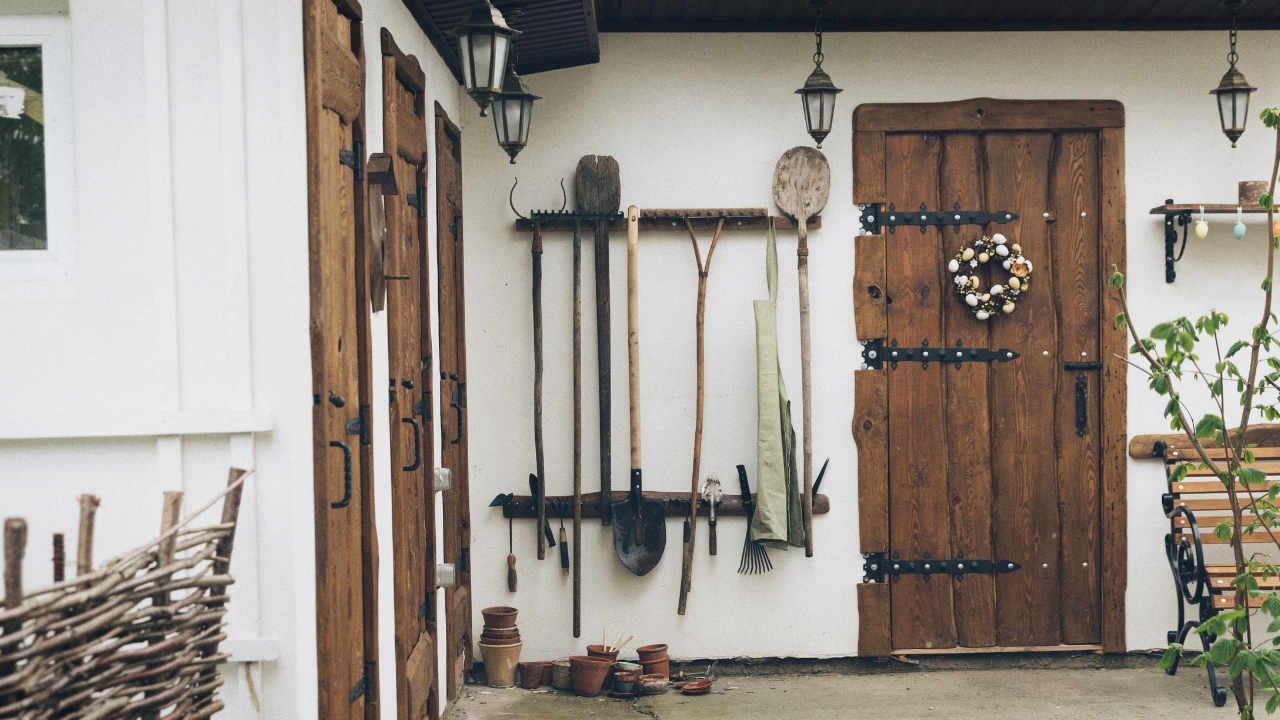
Running all over the property to grab the right shovel or pair of pliers adds up. We started stashing duplicates of our most-used tools in the spots we use them most.
One set by the garden, one by the barn, one on the porch. Doesn’t have to be fancy—just enough to save yourself the extra steps when you’re in the middle of something.
Stick to a Weekly Chore Day
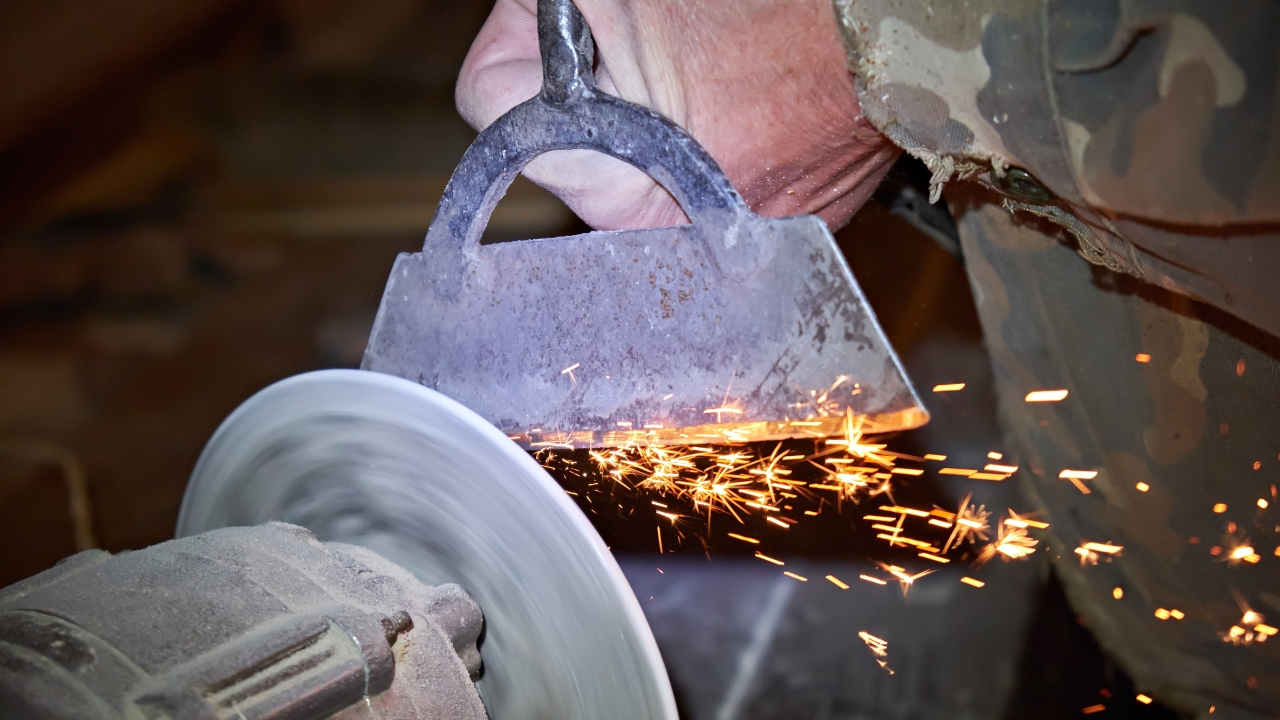
Daily tasks keep animals fed and plants watered, but the stuff like cleaning the coop or sharpening tools tends to get put off. That’s where a weekly chore day comes in handy.
Pick one day to knock out those bigger jobs. It keeps things from piling up and gives you a bit of structure so you’re not scrambling at the worst possible time (like when the in-laws show up unannounced).
Meal Plan Around What You Actually Have

When you’re growing your own food, it’s easy to forget that the real work starts after harvest. If you don’t plan meals around what’s coming out of the garden or freezer, you end up wasting food—or scrambling for dinner.
We started writing down 3–4 meals a week based on what we’ve got in abundance. It cuts down on stress, saves money, and keeps the fridge from turning into a science experiment.
Stop Comparing Your Setup to Everyone Else’s

It’s easy to scroll through Instagram or YouTube and feel like you’re falling behind. But every homestead is different. Some folks have 20 acres and no kids. Others are doing it on a quarter acre after work.
Stick to what works for your family and your land. Progress is still progress—even if it doesn’t look like a magazine cover. Half the battle is learning to work with what you’ve got.
Give Yourself Actual Rest Days
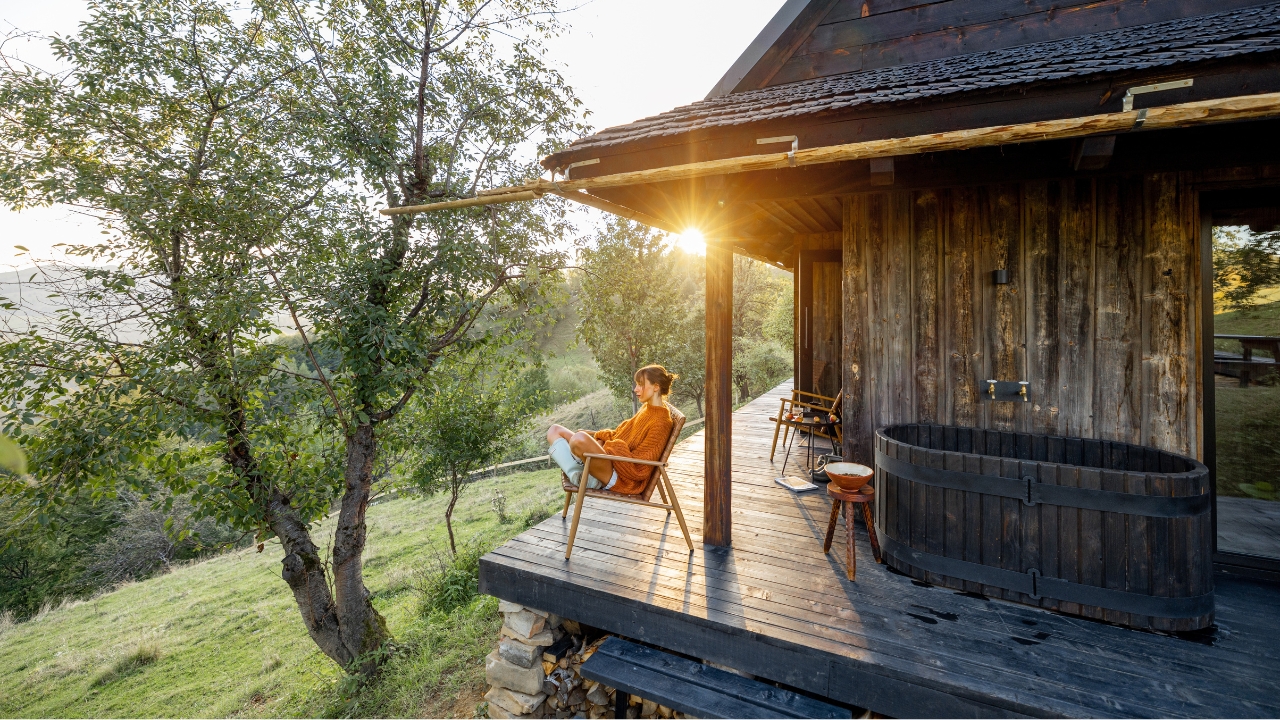
This lifestyle doesn’t come with weekends off unless you make them. And without real rest, things start to fall apart—physically and mentally. It’s not lazy to take a break. It’s smart.
Pick one day a week where you only do the bare minimum. Feed the animals, check the fences, and then go sit on the porch. The work will still be there tomorrow—but you’ll be more ready to handle it.
Say No to One More Thing
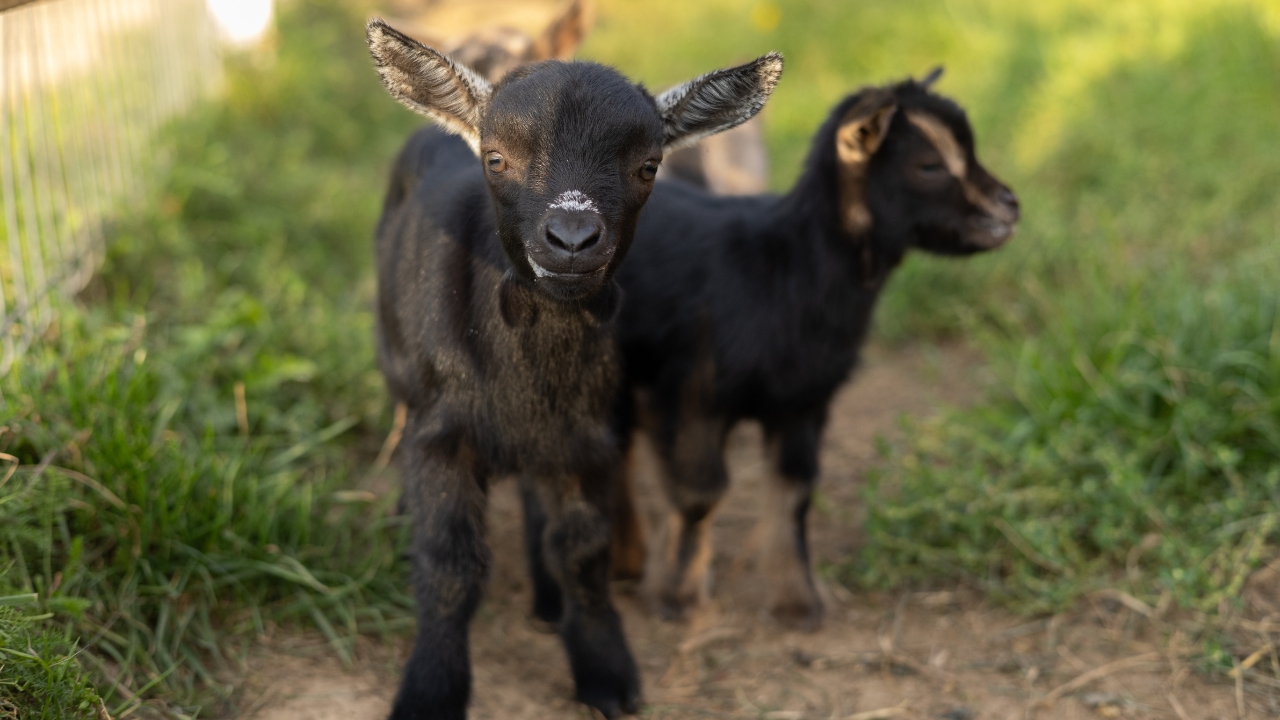
Every season, something new comes along—a friend’s got baby goats for sale, or you get the itch to try bees, or someone offers free pallets and suddenly you’re building a shed.
Learn to say no when your plate’s full. It’s okay to skip good opportunities if they’ll stretch you too thin. Sometimes the best thing you can do for your homestead is protect the time and energy you’ve already invested.
*This article was developed with AI-powered tools and has been carefully reviewed by our editors.


